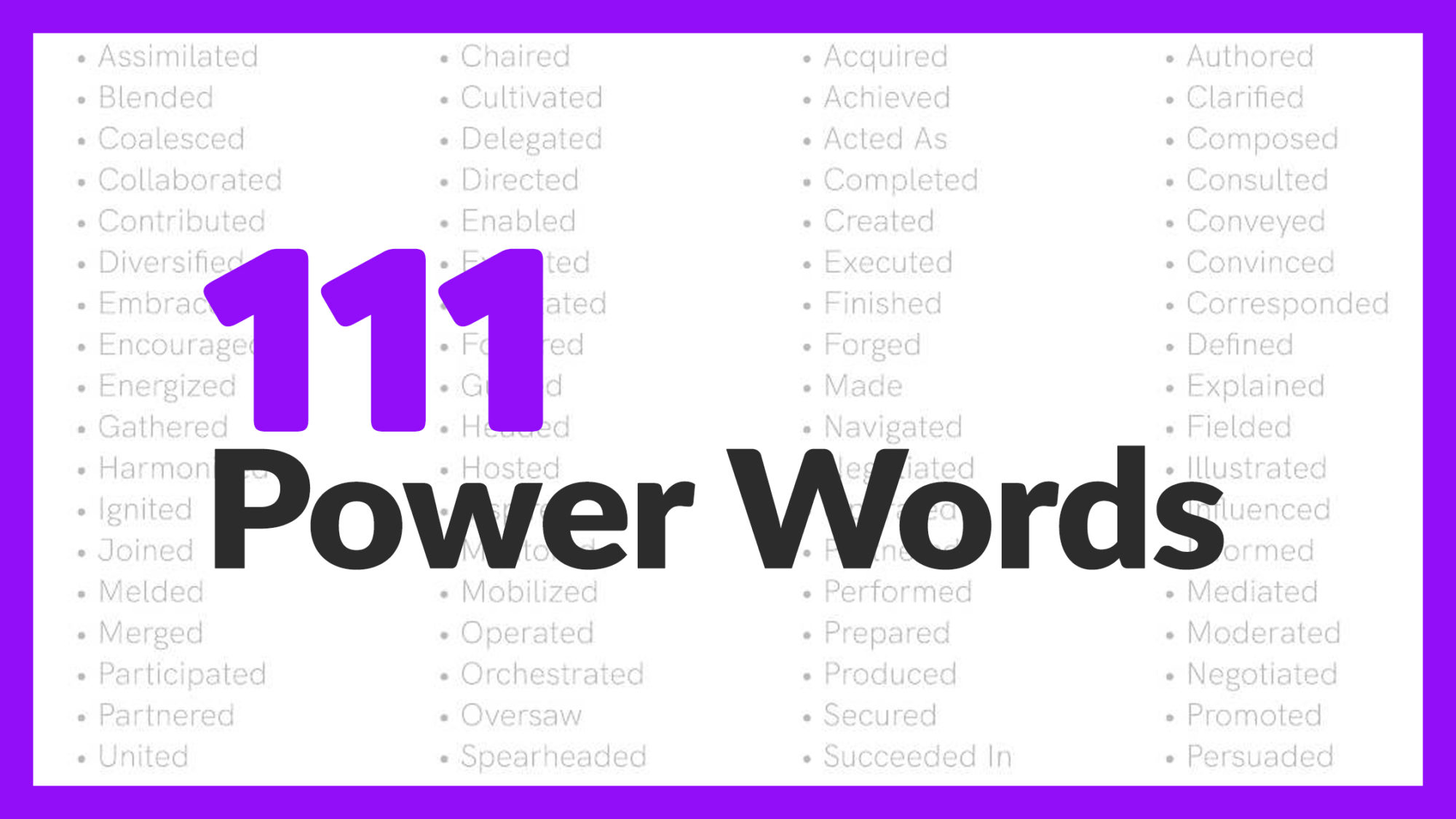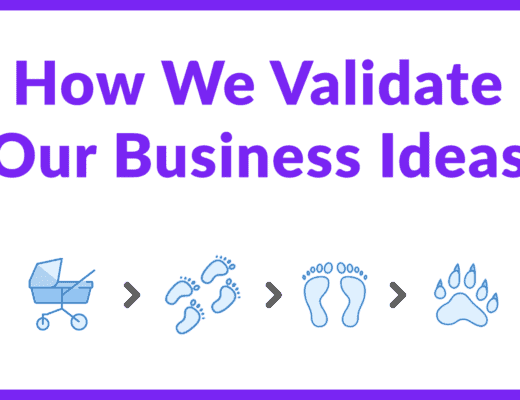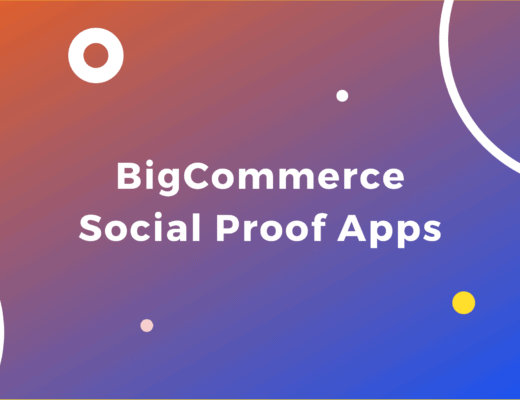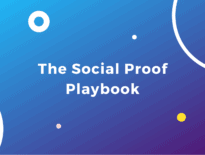Few things are more powerful than words.
The right language can influence people to do a desired action.
Hence, the correct use of power words can help you increase conversion rates and get more sales.
The good news? There are many power words and phrases for any situation – and using them is free!
The bad news? There aren’t any.
Let’s begin.
Table of contents
What are power words?
Power words are persuasive, descriptive words that evoke a desired emotion in the reader.
Writers and marketers often use power words to compel people to take action.
Whether you want your visitors to sign up for a trial, read an article, or add an item to their cart, power words are the easiest and fastest way to increase your conversion rates.
Why should you use power words?
“If you talk to a man in a language he understands, that goes to his head. If you talk to him in his language, that goes to his heart.” —Nelson Mandela
Words are the most powerful “weapon” to get people to feel a specific emotion. That’s why salespeople and marketing experts are always looking for the exact words that can help them make conversions.
The way you deliver your message to prospects can have a massive effect on whether they choose to convert or not. Even just one phrase out of place can be the downfall of it all.
In this article, we’ll target power words that correspond with Chris Gowad’s 2009 LIFT Model. Today, this model is the go-to conversion optimization framework for leading companies around the world.


The LIFT Model draws on the 6 conversion factors to evaluate experiences from the perspective of your page visitor: Value Proposition, Clarity, Relevance, Distraction, Urgency, and Anxiety.
In an effort to use this model as a guide to understanding which emotions are the most relevant to a visitor’s experience on your site, I will give you examples of power words and phrases that address the factors and increase conversions.
Power words that increase conversions (with examples)
Power Words to Soothe Anxiety
Trust plays a big role in the visitors’ decision to convert.
When it comes to purchasing for the first time, audiences are naturally apprehensive. They don’t know you, they don’t trust you. So you have to gain their trust.
It stands to reason, no one wants their personal details stolen or misused.
The easiest way to do that is to make sure you use positive power words that give a sense of security and credibility throughout your site.
Let’s look at a widget from Hush Blanket’s website for example:
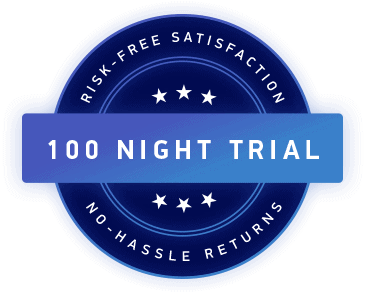

The use of the power words “risk-free satisfaction” and “no-hassle returns” conveys a feeling of security.
It shows visitors the company puts its customers’ safety and experience above all else.
They put their trust in their product – so the visitors should too.
Use this persuasive power words list around your website to add a sense of trust and safety:
| Anonymous | Guaranteed | Returns |
| Authentic | Lifetime | Research |
| Backed | Moneyback | Results |
| Best-selling | No obligation | Risk-free |
| Cancel anytime | No-risk | Safe |
| Certified | Official | Secure |
| Clear | Privacy | Tested |
| Endorsed | Protected | Trusted |
| Free of danger | Proven | Try before you buy |
| Genuine | Refund | Unconditional |
Power Words that Imply Urgency
Urgency causes people to act quickly. Many of the problems that affect conversions happen when people think too hard, wait too long, or simply don’t respond to our calls-to-action.
Using power words that raise the level of urgency makes people think that they have no other option than to convert immediately. It cuts through a lot of delays to create a significant improvement in conversion rates.
For example, let’s look at a case study done by Conversion Rate Experts with daFlores, an online flower delivery shop in South America.
In their mission to increase conversion rates for the shop, they decided to use power words that will add a sense of urgency to their site, as research showed visitors were concerned that their flowers would not be delivered on time.
To imply urgency, daFlores put on their website “order in the next x hours for delivery today”


This ended up giving daFlores a 27% boost in sales.
You can add a feeling of urgency to a page by using power words such as the following:
| Now | Right now | In stock |
| Quick | New | Today |
| Limited | Deadline | Before it’s too late |
| While supplies last | Last chance | Today |
| Selling quick | Final | Only a few left in stock |
| Last chance | Never again | Expires |
| Limited time offer | Only X time left | Order now and… |
| Running out | Immediately | Fast |
Power Words that Show Clarity
A big contributor to the difference between bounce and conversion are the power words that you use to clearly convey the next steps your visitors need to take.
Content clarity ensures that your images and text combine to minimize comprehension time for your visitors. You need to use action-oriented power words to guarantee your visitors know what they’re going to achieve by converting, and give instructions on how to do that.
We can see a good example of conveying clarity and actionable steps in CrazyEgg’s case study, in an effort to increase conversions, they redesigned their checkout page.
They increased the clarity of the page by making sure visitors have a clear idea of what they will get and used prominent actionable power words like “setup” “get” “want” “free” and “continue” to explain the exact steps the visitor needs to take.
Control:
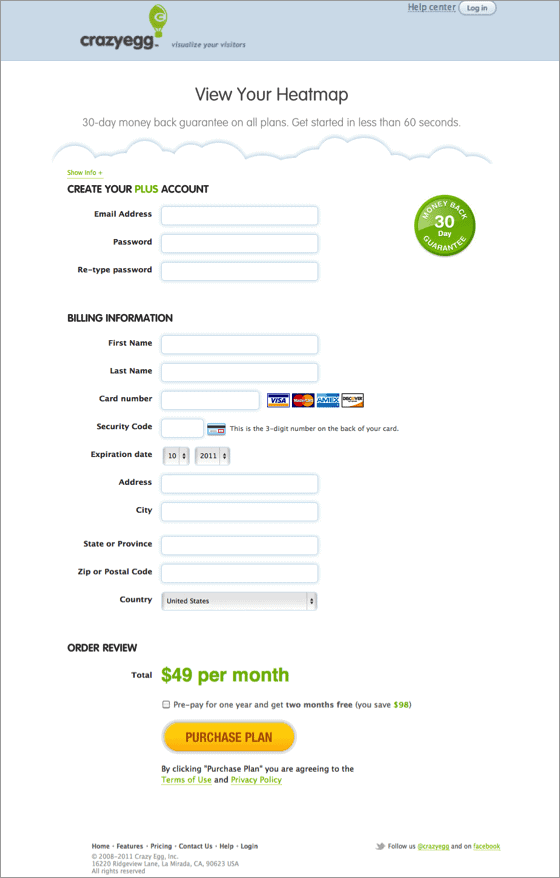

Redesign:
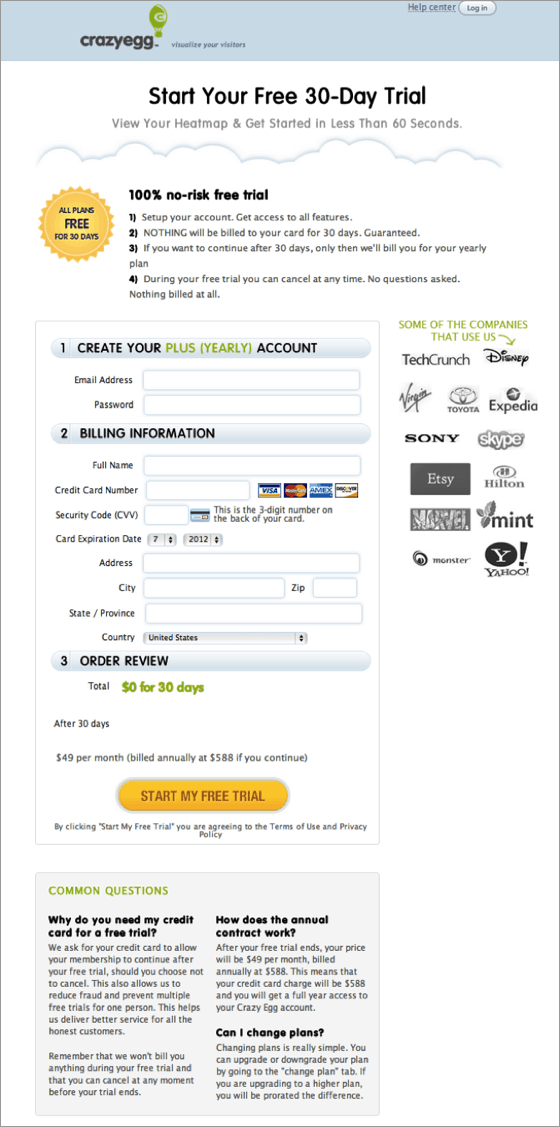

As a result, CrazyEgg achieved 116% more signups.
As you can see, in CrazyEgg’s new design for their checkout page, they not only added power words such as “start” and “free trial” to their call to action but also wrote the exact steps customers will go through on their trial and gave incentives to try CrazyEgg by showing the companies that already use them.
On top of showcasing the unique benefits of your product/service/etc, you can use this list of actionable power words to add a feeling of clarity to your page:
| Get | Receive | Continue |
| Start | Stop | Grow |
| Join | Learn | Discover |
| Want | Need | Free |
| Save | Try | Why |
| Find | You/your | Write |
| Increase | Earn | Achieve |
Power Words to Present your Value
Value Proposition sits at the center of the LIFT Model. Your value proposition is a costs versus benefits equation. If the perceived benefits of what you’re selling outweigh the perceived costs of what you’re selling, users will be motivated to act.
Using power words is a great way to emphasize your value proposition.
For example, let’s look at a widget from an Apple iPhone Ad:
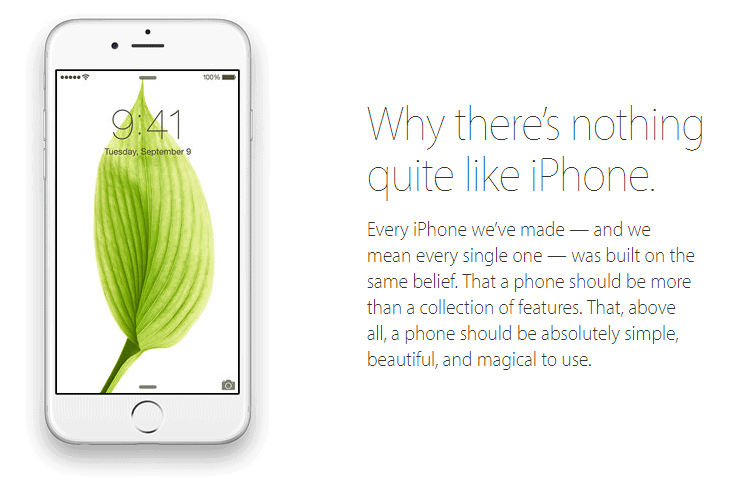

As you’d expect from Apple, they firmly reiterate in the Ad the benefits the iPhone has over its competitors within the market. Using value-driven power words such as “nothing quite like”, “simple”, “beautiful” and “magical” reinforces the value proposition of its product – specifically, the design and ease of use of the device.
Ask yourself:
- What’s included in your product or service?
- Why is your product better than the competition?
- Can you emphasize the quality of what you’re offering?
- Can you emphasize the future satisfaction your prospects will experience post-purchase?
All these are questions you should answer to emphasize your product’s value. Here are a few power words you should test:
| Included | With | Quality |
| Happy | Satisfied | You might also like |
| Free | Proven | Bargain |
| Affordable | Unbelievable | Essential |
| Detailed | Better | Professional |
| Best-selling | Unique | Effective |
| Results | Expert | Improved |
| Impactful | Lifetime | Easy to use |
Power Words to Avoid Distraction
Just as important as choosing the right power words to use, is knowing which ones to avoid.
The LIFT Model advises minimizing visual distractions such as action options and extraneous information.
However, some power words can also be distracting and easily sabotage your efforts.
If a word can distract your visitors from the goal and make them second guess whether they truly want to convert – this word should be removed or replaced.
We can see an example in Micheal Aagaard’s case study:
He added a privacy policy to the sign-up form to optimize the Bettingexpert.com home page and get more potential users to sign up for a membership.
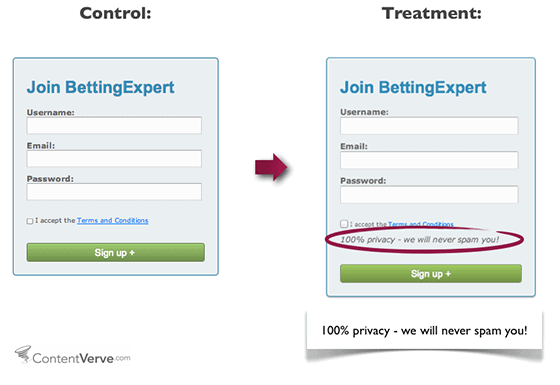

However, the treatment with the privacy policy reduced conversions by 18.70%.
After running some follow-up tests, results indicated that the word spam had an undesirable effect – even when used to assure visitors that they would not receive any spam.
By placing the word spam close to the form, you plant an idea in the minds of the prospects; “Could they actually end up spamming me?”
After realizing that fact, Micheal removed the word spam and changed the privacy policy, sign-ups increased by 19.47%.
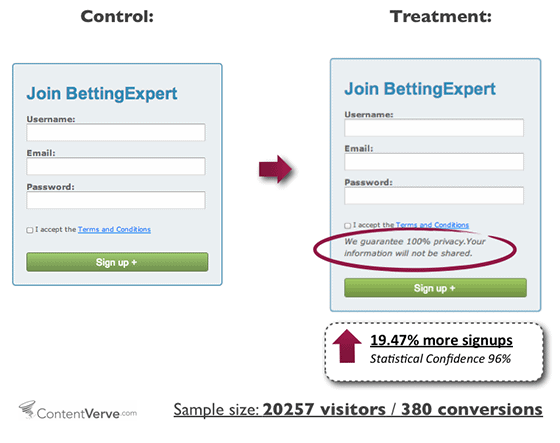

Some words scare people off, some seem like you’re trying too much, and some are good – given that an explanation follows.
Here are a couple of power words you should probably avoid:
- Submit – use click, click here, and go instead.
- Spam – as evident above, the very appearance of the word distracts.
- We – instead, begin with you/their name.
- Market-leading – Which market are you leading? And do your customers care?
- Best – If you use the word best, you need to back it up with evidence.
- Revolutionary and pioneering – exaggerations can scare visitors off.
- Fast delivery – customers would rather hear when they can expect your product delivery.
- Fast, quick, no-time, etc – again, customers would rather hear how much time something will take them.
- Superior quality or top quality product – If your product has high quality, don’t just say it, explain.
- Very, actually, really, just, and other adverbs – Adverbs are almost always unnecessary. They slow and distract your visitors.
Power Words to Be Relevant
Does your web page relate to what your visitor thought they were going to see?
The relevance of your value proposition to your visitors’ needs and desires is critical.
Words that show relevance are subjective and can be different to match expectations from different audiences.
On top of making sure your page meets the expectations of the visitors, you can also make sure it’s relevant to the source media: Where did the visitor just arrive from?
You can achieve that by including power words that relate to the source. Widerfunnels shows us an example:
One of WiderFunnel’s clients runs a Facebook ad campaign. The client already had the Facebook ‘Like’ button on their page, but it was given low prominence in the footer. The test was bringing the Facebook button to the header of the page.


They believed moving the Facebook icon above the page fold would improve relevance in this specific landing page context.
Indeed, moving the widget to the top of the page yielded a 10.7% lift in completed orders.
Another way to add relevance to your page is to use social proof.
According to Robert Cialdini, Professor of Psychology and Marketing, social proof is one of the most powerful concepts in persuading people to take certain actions, such as buying your product or service. We are social creatures. Marketers have been tapping into that fact for a long time.
For example, let’s look at one of our case studies with The Gamesmen:
The Gamesmen implemented ProveSource on their website and started displaying multiple social proof notifications. The notifications were customized to match The Gamesmen’s unique needs and cater to what was relevant to their visitors:
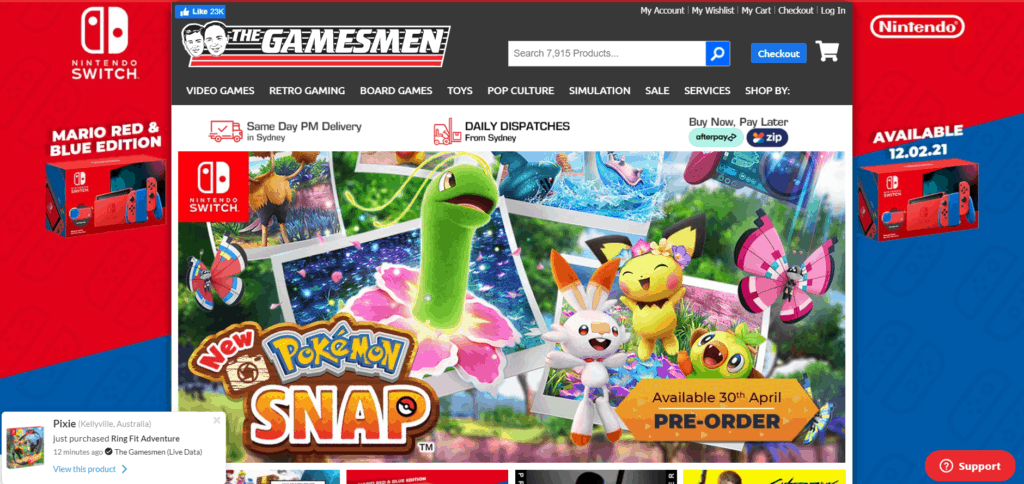

After displaying social proof notifications, there was an increase of 83% in conversion rates.
Most people are sensitive to social proof, so give it a try! You could give prominence to your great user reviews, show recent purchases, live visitors, and much more.
Additionally, you can test power words that tap into social proof:
| Join | Also bought | Join X people |
| Together | Become a member | Exclusive |
| Most popular | Recommended | Best selling |
| X people already signed up | Only X left in stock | Follow |
Where should you include power words?
Headlines
When it comes to headlines, you want to grab your prospect’s attention fast. The easiest way to do this is by presenting the promise right away.
Using power words for headlines, you can take a boring title and spice it up. In this case, power words that give a sense of value, relevance, and clarity are best to encourage people to click.
“11 Secrets of Insanely Simple Speeches”
In this headline, the use of the power words “insanely” “simple” gives a sense of value to what the reader is about to see.
Landing Pages
Landing pages are an effective way of blocking out all of the extra noise on your website and ensuring that the visitor is focusing on one specific call to action.
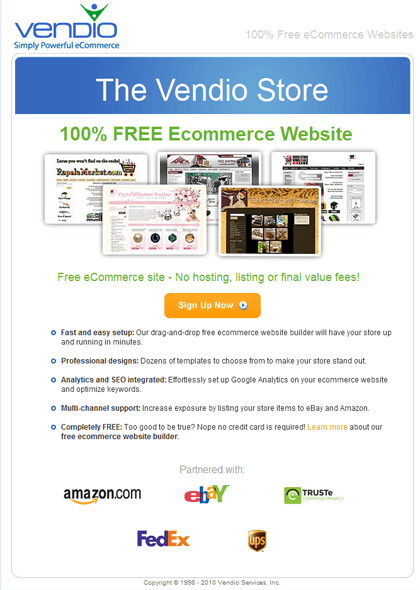

This landing page utilizes an abundant number of power words in its list of benefits, uses actionable power words, and plays on its relevance by showing the companies they partnered with.
Testimonials
Testimonials are the ultimate social proof. The only way to make them even more powerful is to feature those that include power words.
Look at this review notification from istitutovolta.eu:
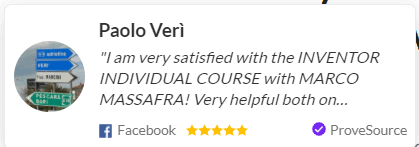

The use of the power words “very satisfied” and “helpful” provides evidence that the course does what is promised, and that a real person used and benefited from it. These words help negate trust issues a visitor may have and present the value of the course.
Emails
Your subject line is your first impression on users. If your subject line isn’t engaging, users probably won’t open the email. That means your email subject line could be more important than your email body.
To turn up the heat on your email subject lines and attract more opens, clicks, and engagement, use power words in the subject line.


In this example, you can see the use of implied urgency by giving a deadline “5 hours only”, clarity by specifying the sale is only on “all jeans”, and actionable power words with “go”.
Abandoned cart emails are also a great place to use power words to incentivize visitors to come back and complete the order. Here’s an example by J.Crew:
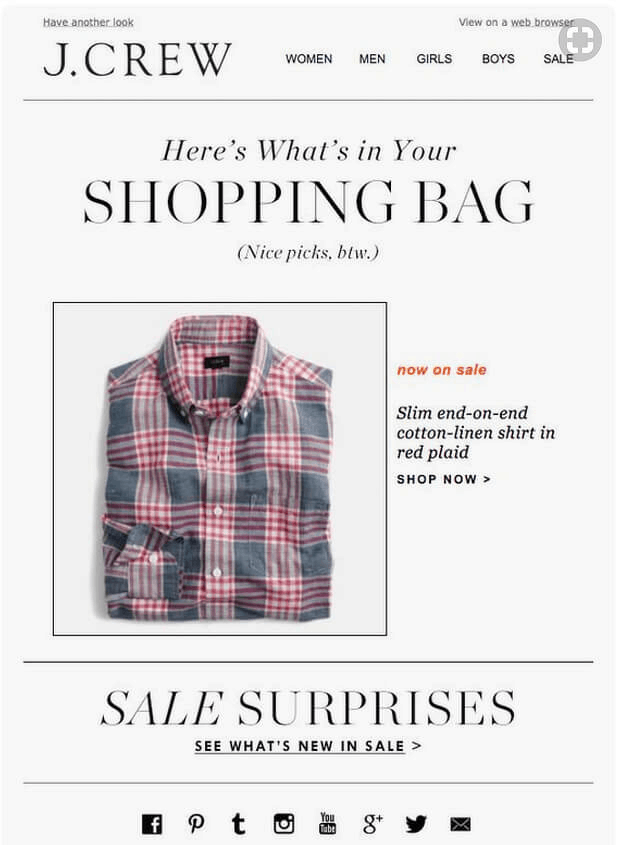

Saying (and showing) “here’s what’s in your shopping bag” makes the email immediately relevant by reminding the customer of exactly which product he liked.
Using the power words “now on sale” gives a sense of urgency, as though the sale can end any second, and adding a “shop now” is a great way to use actionable power words to set the customer up to take his next step.
Calls to Action
CTAs give your prospects clarity and make your marketing campaigns more effective. They are the best place to use power words to direct visitors towards their next step.
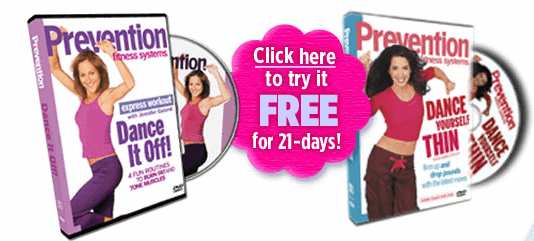

In this CTA example, the actionable power words “click here” tells the prospects what they need to do and why.
Using the power word “click” instead of something more intimidating like “order” as well as the promise to “try it free” gives a sense of security and leads customers to believe they have a lot to gain and nothing to lose by trying this product.
Ads
Ads are the perfect place to use power words. The point of your ad is to persuade the viewer to click through and look at your product.
Asana published an ad that includes power words to hook the viewer in:
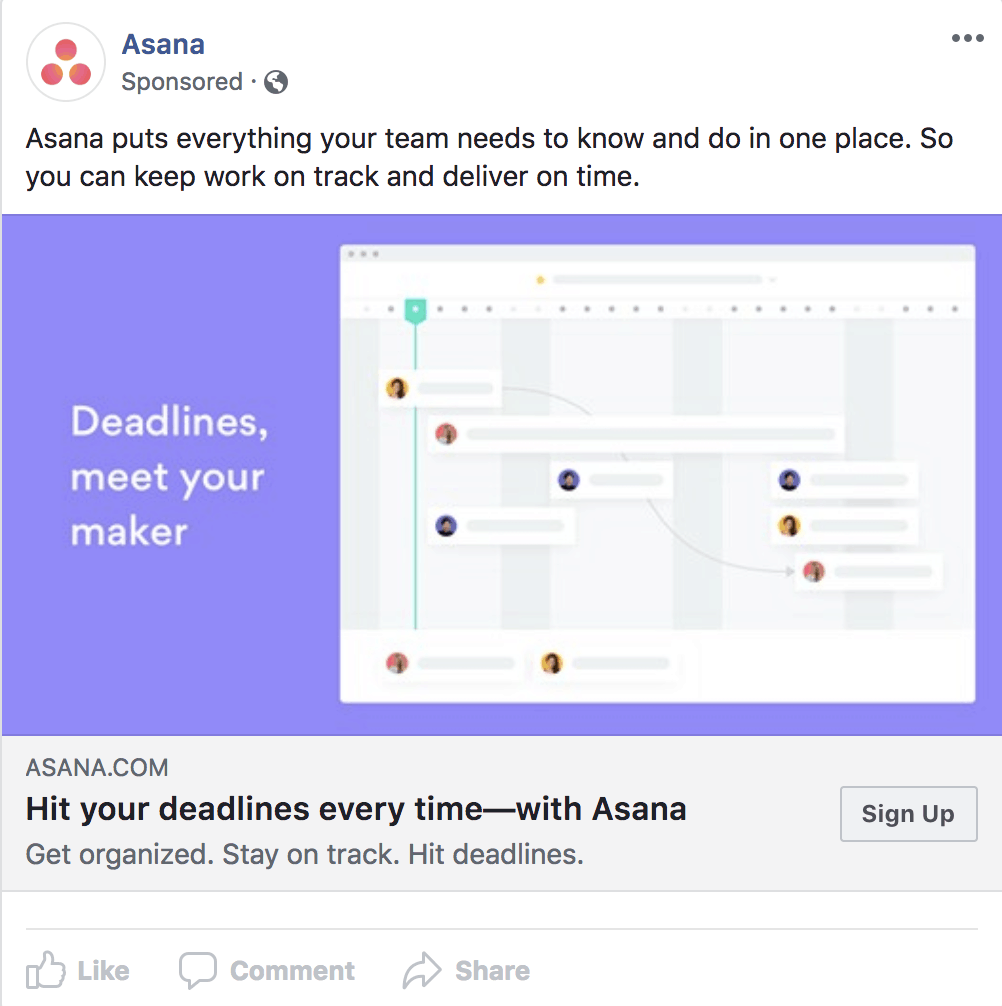

From the first sentence, there’s a sense of clarity – you can immediately tell what their product is.
“Get organized. stay on track. Hit deadlines” are actionable power words used to convey what the product does, and give credibility that it truly helps keep track of your team and tasks.
Conclusion
Using power words is a proven way to boost conversions on your website.
We provided 111 power words that cater to the LIFT Model, today’s go-to conversion optimization framework. We categorized our power words into groups based on its 6 factors: Anxiety, Urgency, Clarity, Value, Distraction, and Relevancy.
Just using power words is not an immediate fix to all of your conversion issues, but with some care and knowledge of your customers, you can easily use them to work in your favor.
Now is the time to test – try any of the options listed here, experiment with different power words, and learn which ones speak to your target audience in the best way.

